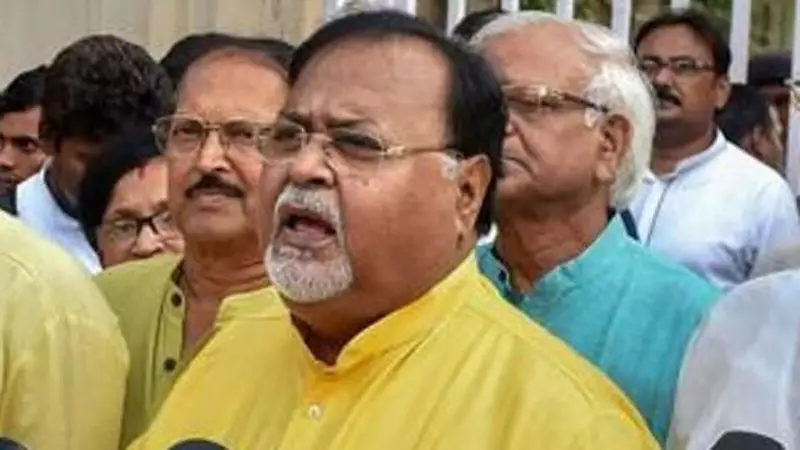
In a significant development, former West Bengal Education Minister and senior Trinamool Congress leader Partha Chatterjee has been granted bail by the Calcutta High Court after spending nearly two years in judicial custody. The bail comes in connection with the multi-crore school jobs recruitment scam that has rocked West Bengal's political landscape.
The Long Legal Battle Ends Temporarily
Justice Amrita Sinha of the Calcutta High Court approved Chatterjee's bail petition on Monday, marking a turning point in the high-profile case. The former minister had been under custody since his arrest by the Enforcement Directorate on July 23, 2022. The court's decision provides temporary relief to the senior political figure who has maintained his innocence throughout the legal proceedings.
The bail conditions include specific financial guarantees and restrictions on Chatterjee's movements. He has been directed to furnish a bond of Rs 2 lakh along with two reliable sureties of equivalent amount. Additionally, the court has imposed travel limitations, requiring him to seek permission before leaving West Bengal and surrender his passport to prevent any potential flight risk.
Background of the School Recruitment Scandal
The school jobs scam centers around alleged irregularities in the recruitment process for teaching and non-teaching positions in state-run schools. Investigators claim that positions were sold for money through a well-organized corruption network, bypassing qualified candidates in favor of those who paid substantial bribes.
Chatterjee served as the education minister during the period when these alleged irregularities occurred, making him a prime suspect in the investigation. The scandal came to light after numerous complaints from candidates who had performed well in examinations but were denied positions in favor of less-qualified applicants.
The Enforcement Directorate's investigation revealed a complex money trail that led to the recovery of substantial cash and assets. During searches conducted at properties linked to Chatterjee and his close associate Arpita Mukherjee, investigators made stunning discoveries that included large amounts of cash, luxury vehicles, and valuable properties allegedly acquired through illicit means.
Political Repercussions and Fallout
The case has had far-reaching political consequences in West Bengal. Chatterjee was removed from both his ministerial position and party responsibilities shortly after his arrest, as the Trinamool Congress leadership sought to distance itself from the growing scandal. The opposition parties have consistently used the case to attack the ruling party's credibility on governance issues.
Despite obtaining bail, Chatterjee faces an uncertain political future. The Trinamool Congress has not indicated whether he will be reinstated to any party positions, and his return to active politics remains questionable given the seriousness of the allegations and the ongoing nature of the investigation.
The school jobs scam has become a central issue in West Bengal's political discourse, with opposition parties regularly raising it during assembly sessions and public meetings. The case has also prompted calls for broader education sector reforms and more transparent recruitment processes in government services.
What Comes Next in the Legal Process
While Chatterjee's release from custody marks a significant development, the legal battle is far from over. The Enforcement Directorate may choose to appeal the bail decision in a higher court, and the main trial proceedings are yet to commence. Legal experts suggest that the actual trial could take several years given the complexity of the case and the volume of evidence involved.
The investigation has expanded beyond Chatterjee to include several other officials and intermediaries allegedly involved in the corruption network. Multiple arrests have been made in connection with the scam, and investigators continue to follow the money trail to identify all beneficiaries of the illegal recruitment practices.
As Chatterjee prepares to walk out of prison after 22 months, the eyes of West Bengal's political circles remain firmly fixed on how this development will influence the state's political dynamics and whether it will impact the broader investigation into education sector corruption.





